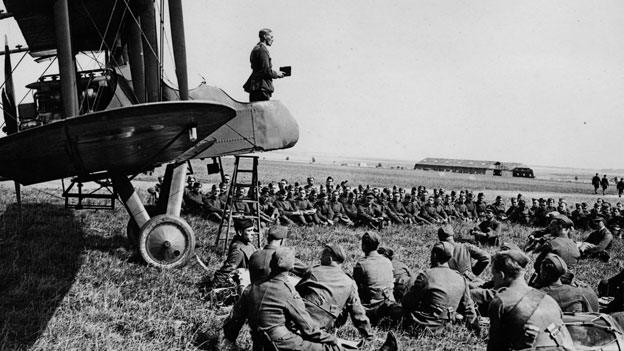What if Archduke Franz Ferdinand had lived in 1914?
- Published
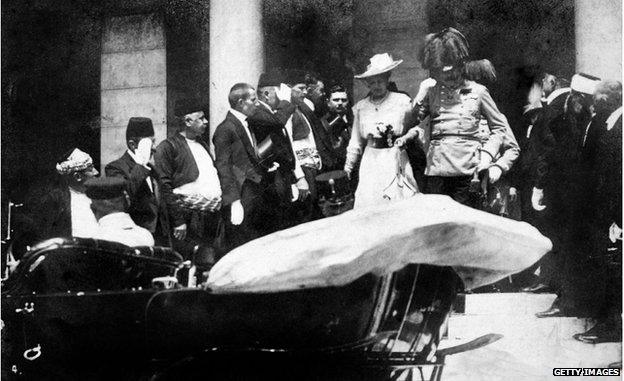
Archduke Ferdinand and his wife Sophie Duchess of Hohenberg were assassinated on 28 June 1914
World War One was a tragedy with particularly Austrian roots, sparked by the assassination of the heir to the throne, Archduke Franz Ferdinand in Sarajevo in 1914. But could the war have been avoided if he had not been killed? And would the Austro-Hungarian Empire have survived?
Those are the questions that have been posed at a conference at the Diplomatic Academy in Vienna, which has been training diplomats since 1754.
For at least one person at the conference, the "what if?" question was personal. Maria Camilla Habsburg Lothringen, a descendant of Austria's former royal family, says the scenario is "quite intriguing" and would have changed her family's fate.
"We would maybe have a different position here in Austria. Maybe we would have more possessions and more responsibility in our functions."
However she says the thought of royal responsibilities and the lack of personal freedom makes her a little "uptight". And the war, she says, is clearly about far more than just the fate of her own family.
"World War One was such a dramatic occasion. To look back at the past and ask what went wrong and learn out of that is a very important thing."
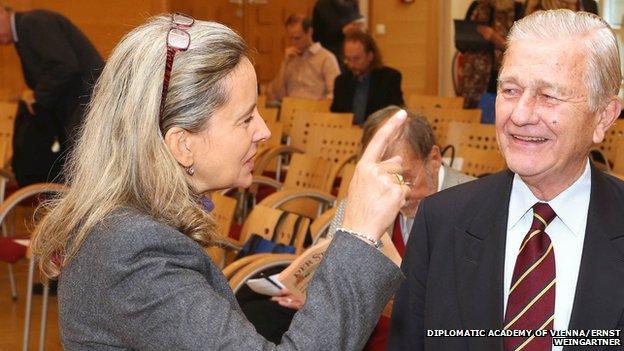
Maria Camilla Habsburg Lothringen, a descendent of the Austrian royal family, at the Vienna conference
One of the speakers, Richard Ned Lebow, professor of war studies at Kings College London, says counterfactual history is an "essential tool in figuring out how the world works", a way of considering the possibility of alternative outcomes.
He believes that World War One could have been prevented, if Archduke Franz Ferdinand had survived the assassin's bullet.
"Franz Ferdinand was the strongest spokesman for peace in Austria-Hungary. He believed that a war with Russia would lead to the downfall of both empires."
Professor Lebow says the assassination of the Archduke "removed this brake on going to war", and created "a pretext and incentive to go to war".
The Austro-Hungarian empire itself might not have collapsed if it had not gone to war, Holger Herwig from the University of Calgary believes.
Posing such "what if?" questions, he says, are more than just a game.

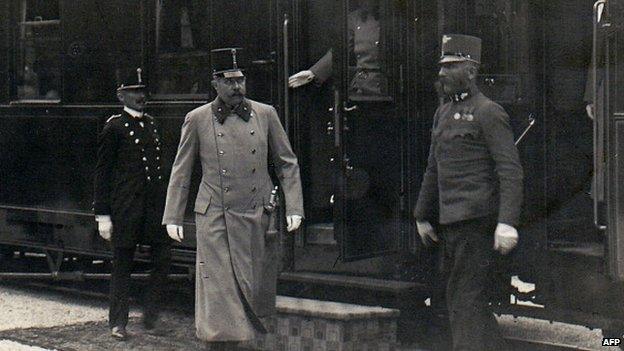
Archduke Franz Ferdinand in Sarajevo, 27 June 1914, the day before being shot

"What we are trying to do here is to ask the alternatives. Was there an alternative strategy? Was there an alternative political approach to this?"
He says it is important for historians to recognise there were choices to be made.
Professor Lebow says counterfactual history is not just about the past, but has lessons for contemporary politicians and decision makers.
He says leaders have a tendency "to exaggerate their ability to control events, which they all did in World War One with fatal consequences".
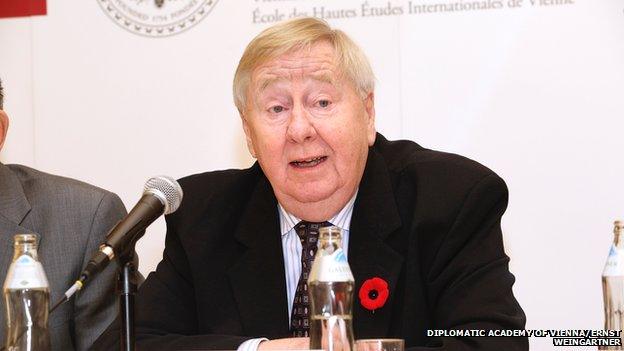
Professor of history, Dr Holger Herwig, believes the Austro-Hungarian empire might have survived
The second lesson, he says, is that leaders convince themselves that while they have no freedom of action, the other side does.
"When you have everyone believing this, everyone expects the other side to back down and that contributes to loss of control."
The third lesson, he says, is that leaders tend not to question the set of assumptions they bring to problems and, in crisis situations, surround themselves with people they feel comfortable with.
It doesn't matter how clever your policy-making is, he warns. "If you start with the wrong set of assumptions, you are not going to end well. And that, too, happened in 1914."
- Published28 June 2014
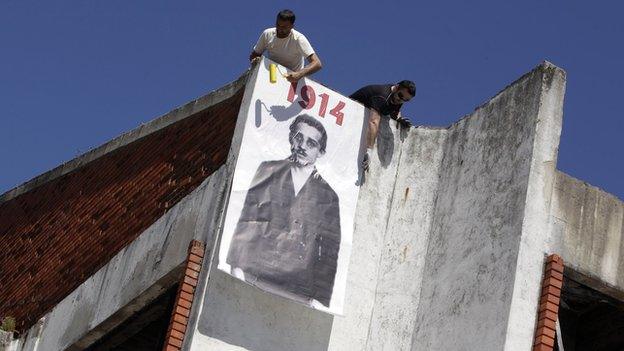
- Published26 June 2014
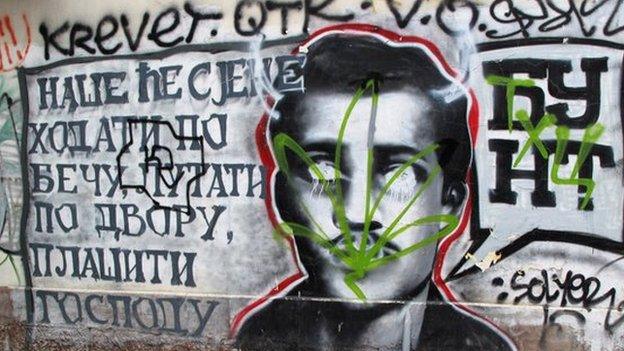
- Published10 November 2014
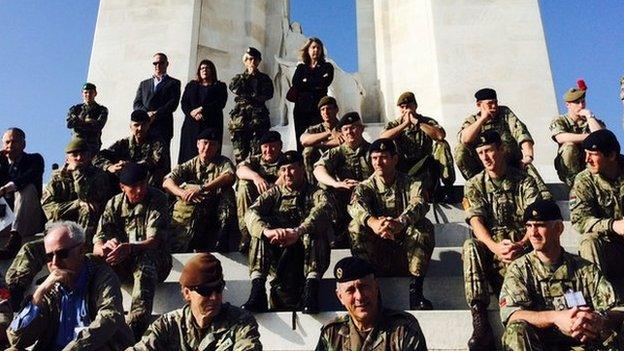
- Published9 November 2014
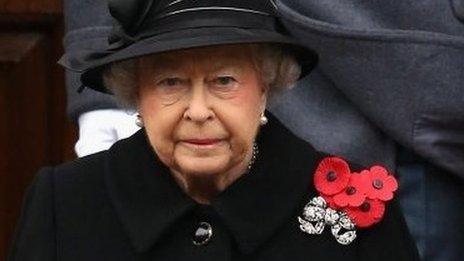
- Published8 November 2014
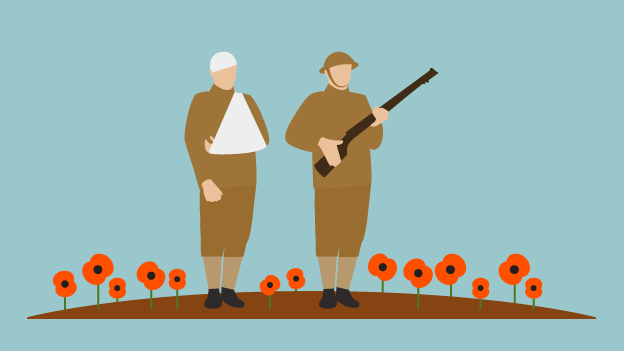
- Published10 November 2014
